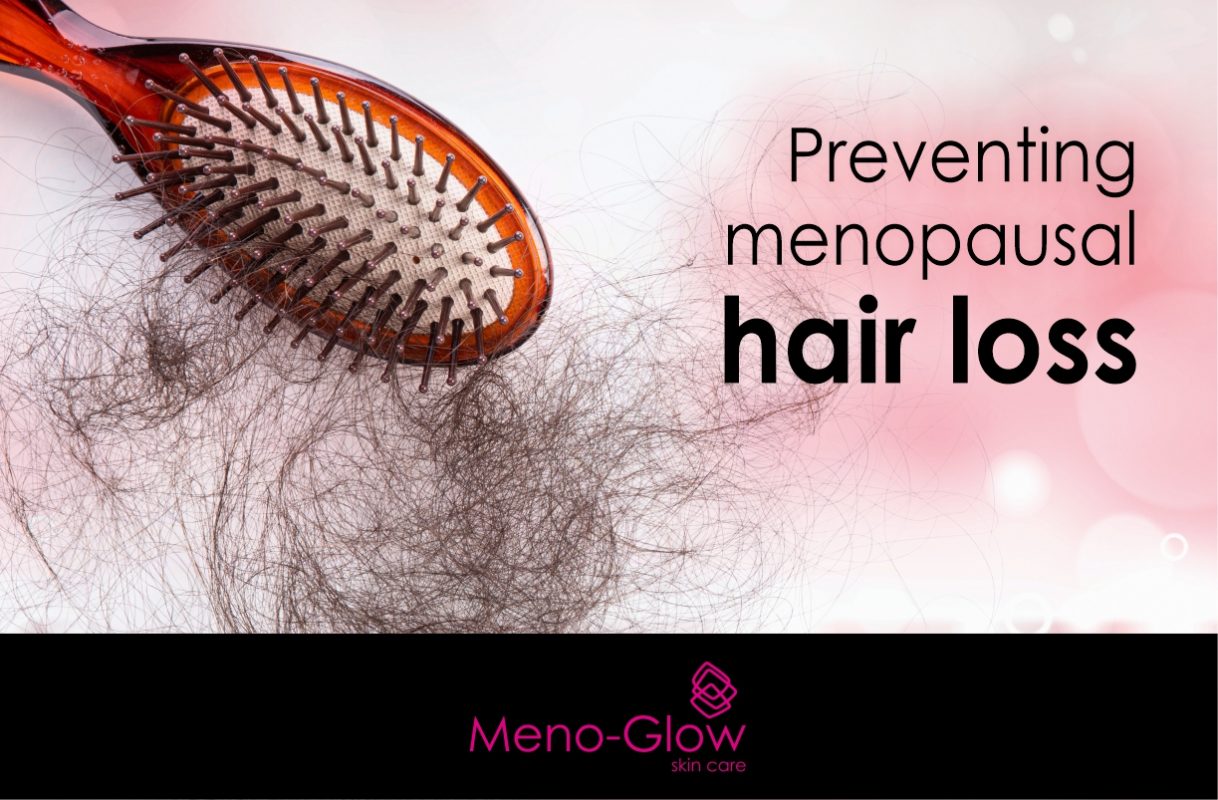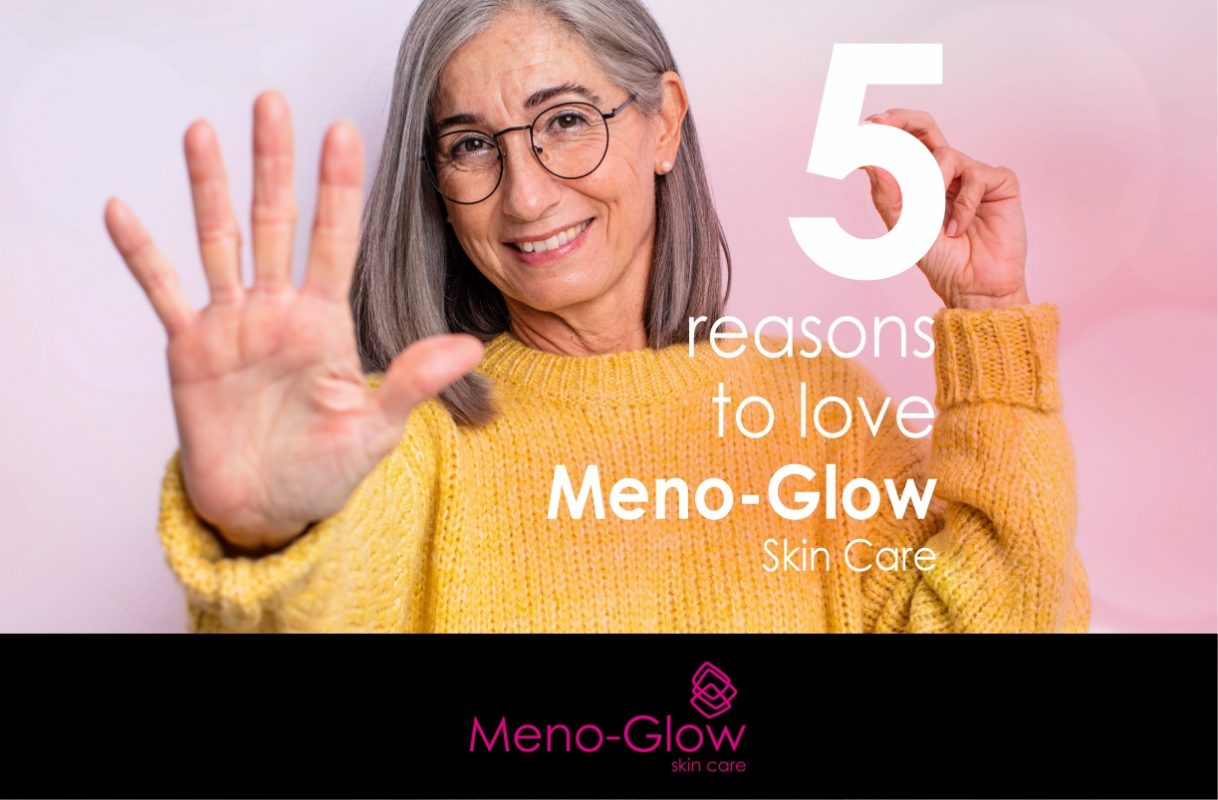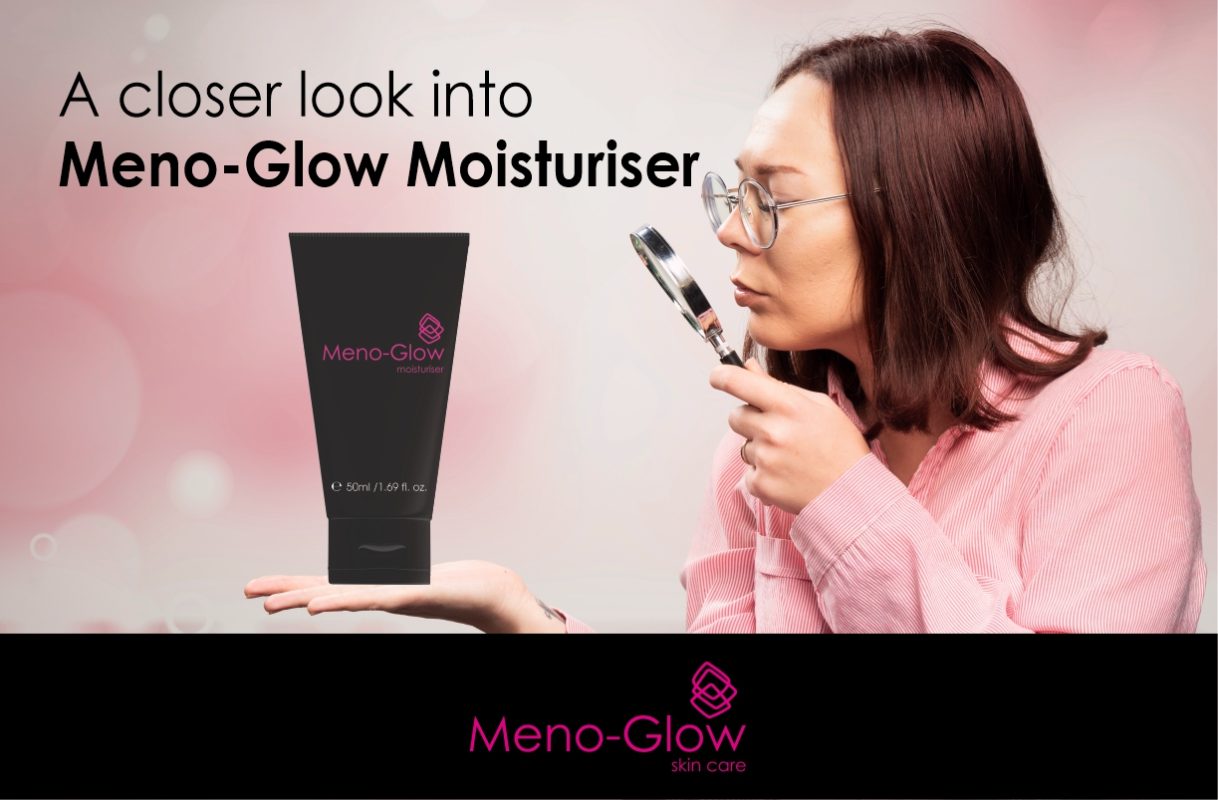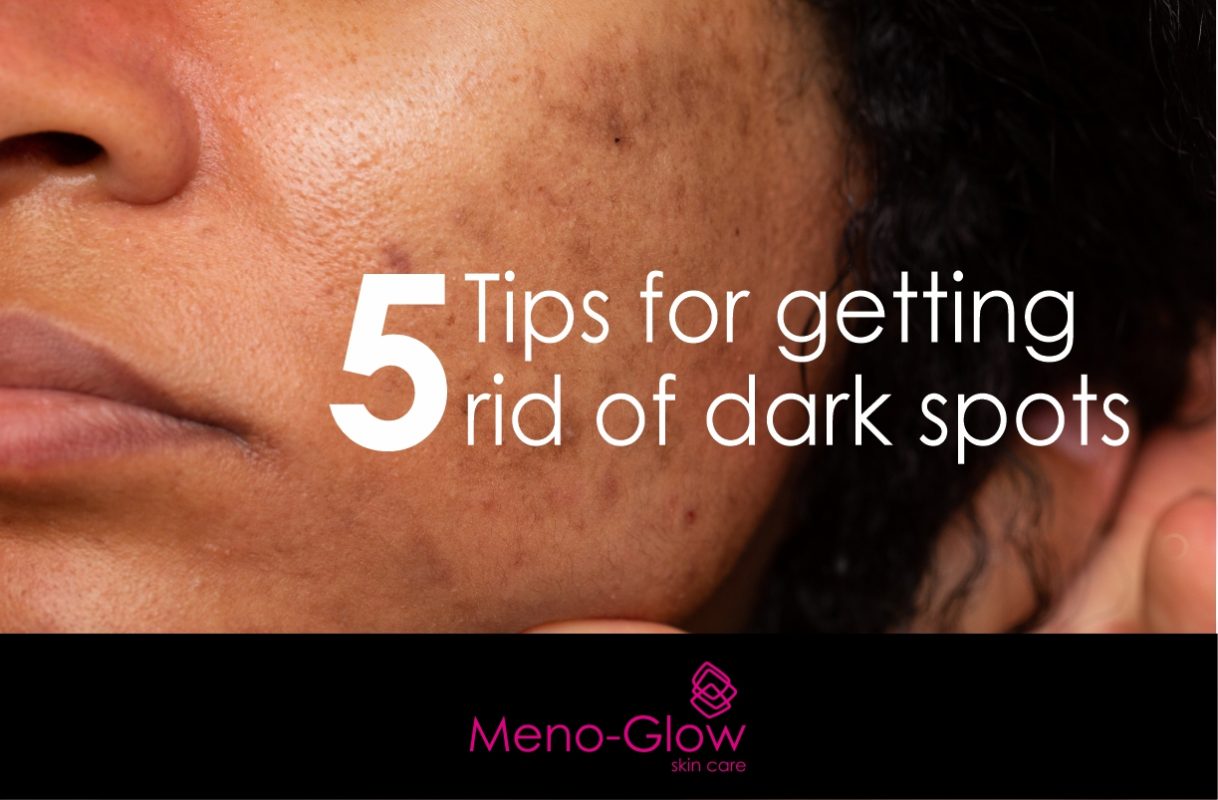Preventing Menopausal Hair Loss
We share six tips for preventing menopausal hair loss.
As you probably know, the body goes through many physical changes during menopause as it acclimates to the fluctuating hormone levels. Most women will experience many unpleasant symptoms during this transition. Among the hot flushes, mood swings and insomnia, hair loss is another symptom you might experience; and it is a big concern for many women.
What causes menopausal hair loss?
Hair loss is a frightening term. However, during menopause most women will experience their hair thinning (rather than noticeable bald spots). You might experience large clumps of hair falling out in the shower or while brushing your hair. However, there is no need to fear… it is completely normal!
Research suggests that hair loss during menopause is the result of a hormonal imbalance. Specifically, it’s related to a lowered production of estrogen and progesterone, which help hair grow faster and stay on the head for longer periods of time. A decrease in these hormones also triggers an increase in the production of androgens, or a group of male hormones. Androgens shrink hair follicles, resulting in hair loss on the head.
Other factors causing hair loss
For women going through menopause, the cause of hair loss is almost always related to hormonal changes. However, there are many other factors that can contribute to hair loss during menopause. These include extremely high levels of stress, illness, or a lack of certain nutrients. Diagnostic blood tests that can help rule out other causes of hair loss include thyroid tests, and/or a complete blood count.
Preventing menopausal hair loss: Six helpful tips
Thinning hair may make you feel self-conscious about your appearance, but it’s not permanent. In this article we discuss some steps and tips to assist in preventing menopausal hair loss. The main aim is to keep your hair healthy and strong during menopause.
1. Reduce stress
It’s important to keep your stress levels in check to prevent a hormonal imbalance. Reduced estrogen production can affect your brain chemistry and cause mood swings, anxiety, and depression. However, doing yoga and other breathing relaxation methods are especially effective in fighting menopausal symptoms. Exercising regularly can also help reduce stress.
2. Get moving
Exercise is a key component of a healthy lifestyle. You’ll feel stronger and happier once you incorporate exercise into your daily routine. It also helps prevent some of the other symptoms of menopause, including mood swings, weight gain, and insomnia. All of these factors are important for maintaining hormonal balance, which promotes healthy hair growth. Choosing a form of exercise that works for you is a vital step, you have to enjoy the things that keep you sane, healthy and happy.
3. Eat well
Eating a balanced, low-fat diet is your best defense against hair loss. Make sure you include an adequate amount of whole grains, fruits, and vegetables in every meal. It’s also important to incorporate mono-saturated oils, such as olive oil and sesame oil, into your diet. Drinking green tea and taking vitamin B6 and folic acid supplements may help restore hair growth as well. Essential fatty acids also play a crucial role in maintaining hair health. These fatty acids can be found in the following foods:
- salmon
- tuna
- flaxseed oil
- walnuts
- almonds
4. Hydrate, hydrate, hydrate
Your body needs to be hydrated in order to function properly. Load up on H2O all day long and pass on juices, sodas, and other flavoured drinks that contain more sugar than your body needs. The amount of water needed varies from person to person and depends on various factors, including overall health and exercise intensity. As a general rule, however, you should aim to have eight 8-ounce glasses of water per day.
5. Keep it natural
In order to prevent drying and breakage, it’s best to stay away from heat tools, such as hair dryers and straightening irons. Extensions and other styling methods can also weaken your hair and cause early hair loss. If you must dye your hair, choose an all-natural hair color. Artificial chemicals found in dyes and perms can compromise your scalp and hair health. When you wash your hair, always use a nourishing conditioner to keep your scalp healthy and promote healthy hair growth.
If you swim, make sure to wear a swimming cap, as chlorine can contribute to hair breakage. When out in the sun or the wind for extended periods of time, it’s important to wear a hat to protect your hair from drying and breakage.
6. Talk to your Doctor about your medications
Some medications have side effects that include hair loss. Talk to your doctor if you are experiencing significant hair loss and you think that your medication might be the cause. Your doctor might be able to switch you over to another type of medicine without any reported side effects. Don’t stop taking your medications until you’ve spoken with your doctor, as this could be dangerous for your health.
Meno-Glow product tip
Meno-glow has been specifically designed for women experiencing the menopause. We have a wide range of products to assist with many of the symptoms of menopause, from Meno-Glow Wash to Meno-Glow Hot Flush Rescue Pack we have you covered!
We recently introduced Meno-Glow Scalp Serum. It is specially formulated to assist in the protection of your scalp during Menopause. Added daily, it will keep your scalp and root follicles healthy to maximise hair growth and prevent menopausal hair loss.
The Take Home
Hair loss is a common occurrence during menopause. This is not permanent and there are ways to combat symptoms. Taking extra care of yourself and your health is really important, not only during menopause but in life in general. Some ways we can practice self-care is to reduce stress, exercise regularly, maintain a healthy diet, keep hydrated and contact your medical professional for advice.
And most importantly, remember to breathe, it will get better.
Thanks for taking the time to read our article. Until next time, please take care of yourself – you deserve it!
[divider width=”full”]WHY MENO-GLOW SKIN CARE
A COMPLETE SKIN REJUVENATION FOR ALL SKIN TYPES – Your answer to menopausal skincare concerns:
- Dry Skin
- Decreased elasticity
- Fine lines and wrinkles, especially around the eyes
- Thinning of the hair
- Facial flushing
Medically designed and scientifically formulated by a specialist plastic surgeon, Meno-Glow Skin Care addresses skin concerns related to menopause.
Our Meno-Glow Skin Care Range offers a simple skin care regime that facilitates skin rejuvenation and symptomatic relief of the issues caused by estrogen depletion.
Fine lines and wrinkles are reduced, the skin’s barrier function recovers, and sensitivity is significantly reduced.
What makes Meno-Glow Skin Care genuinely unique is how the formulation truly respects the skin.
[divider width=”full”]SOURCES:
https://www.healthline.com/



